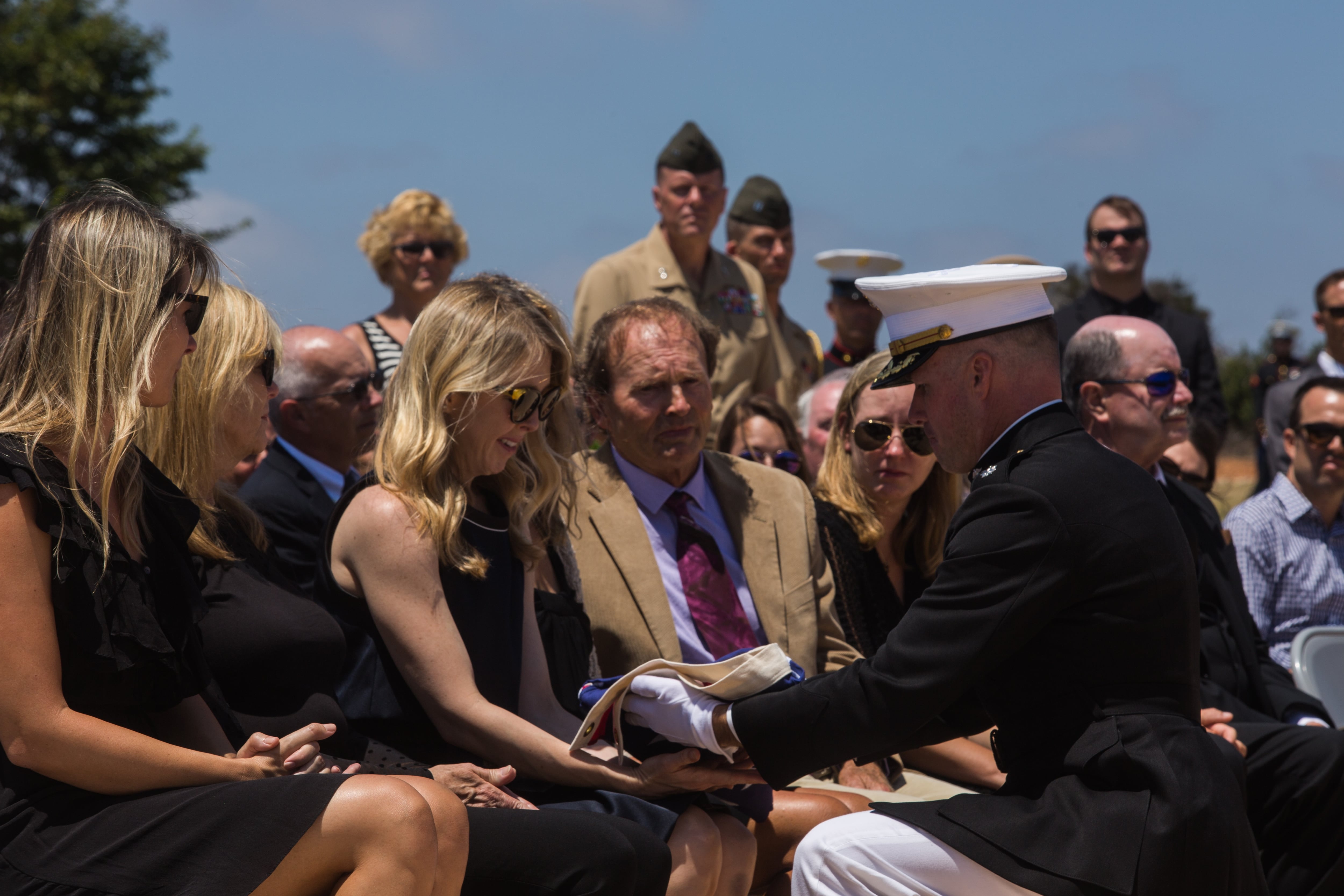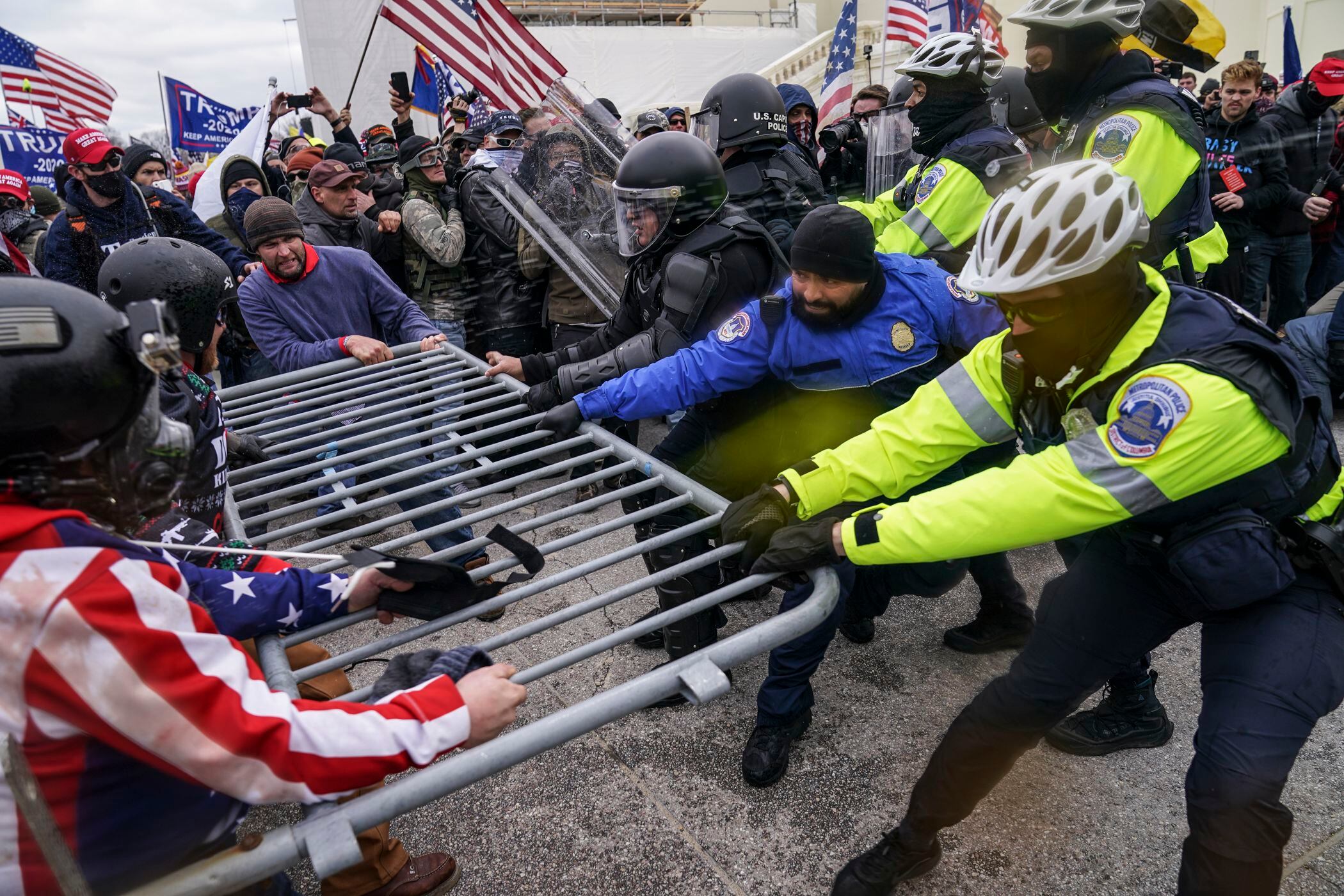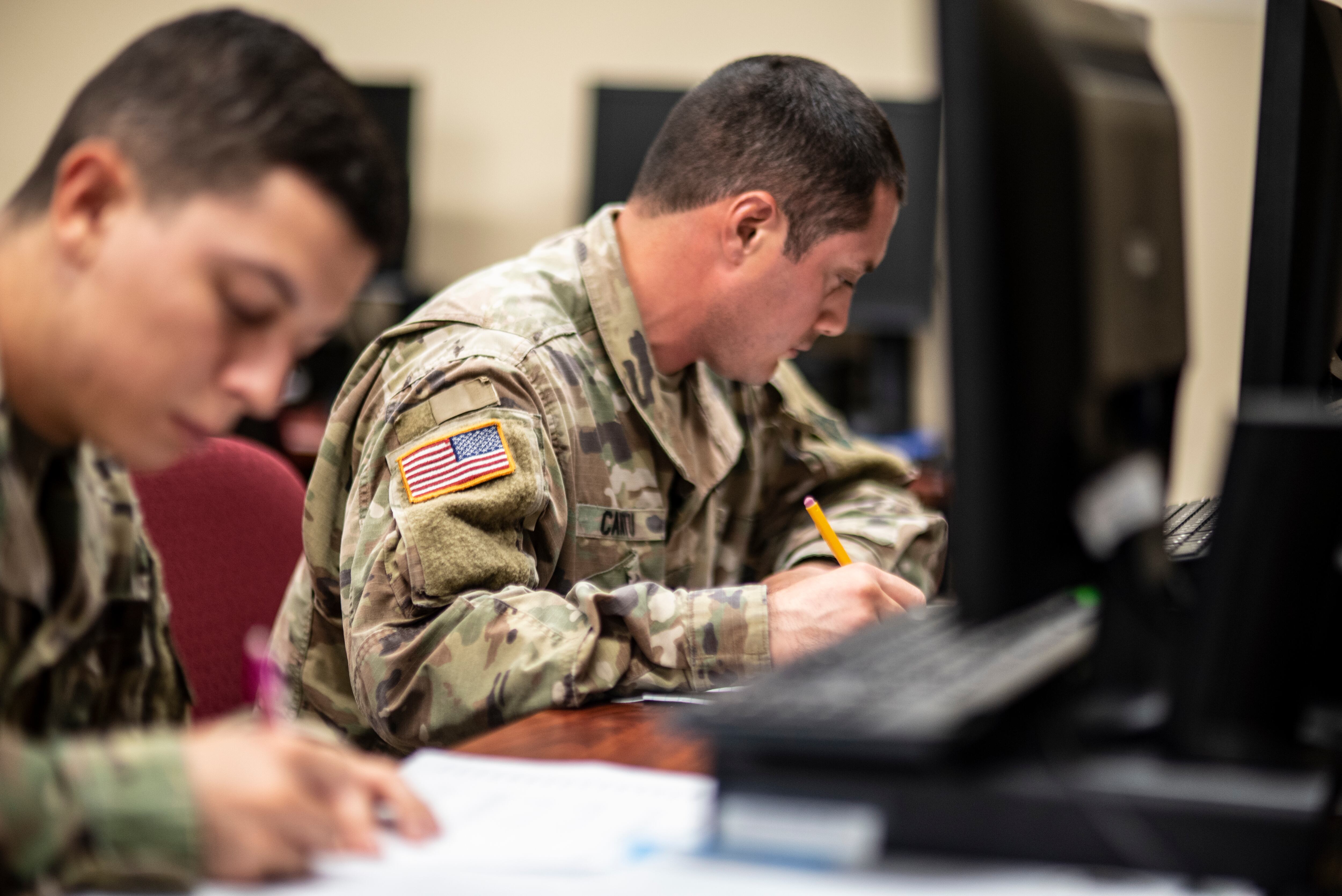Lt. Col. Wade Workman would play "bad cop" to hold his Marines accountable, one member of his squadron said, but an investigation determined the former squadron commander should have yelled less and listened more.
Workman was fired as commander of Marine Fighter Attack Squadron 232 on Dec. 28 after a 3rd Marine Aircraft Wing command investigation found he had created a hostile work environment. Marine Corps Times obtained a redacted copy of the investigation through a Freedom of Information Act request.
"Lt. Col. Workman has engaged pilots and maintainers on several occasions in a confrontational way," the investigation found. "This had led to a reluctance on the part of squadron personnel to engage with him about aircraft maintenance or flight issues. This may not meet the strict definition of berating behavior, but it clearly has negatively affected the squadron's culture of trust."
Workman was the fourth commander in the aviation community to be fired in 2016, a year when the service's aviation crisis hit full boil. He declined to comment when contacted by Marine Corps Times on Thursday.
Aviation commanders are struggling to keep enough planes and aircraft flying amid a shortage of spare parts, aging aircraft and delayed maintenance caused by budget cuts. All of these factors have drastically reduced the number of Marine aircraft that are able to fly.
Marine Fighter Attack Squadron 232 failed three inspections -- in June, September and November -- and it was later forced to stop flight operations after one officer called the unit "the worst squadron he had inspected in his 35 squadron inspections in the Wing," the investigation found.
"The multiple inspection failures were a consequence of Lt. Col. Workman’s unwillingness to listen to his maintenance department leadership and to comply with suggested adjustments," according to the investigation.
Indeed, those under Workman’s command said he would yell and scream at maintainers and pilots over maintenance issues, the investigation found. One squadron member told the investigating officer: "If I down this jet what is the Skipper going to say to me. I feel like we force it."
Others complained that flight operations were so constant that maintainers did not have any time for maintenance days and technical training, according to the investigation. Workman told the investigating officer that he was unaware the training wasn’t taking place and he was caught off guard when inspections revealed the training shortfalls.
The head of Marine aviation, Lt. Gen. Jon Davis, has acknowledged that maintainers are working long hours, but he has vowed to make them more effective at their jobs instead of increasing the overall number of maintainers.
"Right now, my sense is I haven’t given them all the tools they need – spare parts," Davis, deputy commandant for aviation, told reporters in Washington. "I haven’t given them the right training. I want my corporals and my sergeants and my staff sergeants out on the flightline teaching the lance corporals how to maintain these airplanes."

Lt. Col. Wade Workman presents the flag of Maj. R. Sterling Norton, a fallen pilot with Marine Fighter Attack Squadron 232, to his wife during his funeral ceremony at the Miramar National Cemetery, San Diego, Aug. 12.
Photo Credit: Sgt. Lillian Stephens.
The investigation did not find any evidence that the squadron was flying aircraft that were not safe. Still, two of the squadron’s F/A-18 Hornets crashed on his watch, one of which was fatal.
Workman admitted that he talked to the squadron and someone else – whose name was redacted – about what may have caused the fatal crash before the investigation was complete, the investigation found. The name of the pilot who died is not included in the report but Maj. Richard Norton was killed in a July 28 crash.
One squadron member told the investigating officer he "believes that the CO followed his heart instead of his head in a difficult situation," the investigation found.
Ultimately, Maj. Gen. Mark Wise, commanding general of the 3
Marine Aircraft Wing, fired Workman "due to a loss of trust and confidence" in Workman’s ability to lead the squadron "based on issues concerning command climate," said Capt. Kurt Stahl, a spokesman for the wing.
"Leaders are responsible for holding themselves and their units to a standard – a standard that enables 3d Marine Aircraft Wing to effectively operate as an integral part of the Marine Air Ground Task Force in defense of the nation," Stahl said. "The majority of units and leaders meet and exceed expectations and are accomplishing amazing things each and every day. When the standard is not met, corrective actions are taken and sometimes that includes making changes in leadership."





